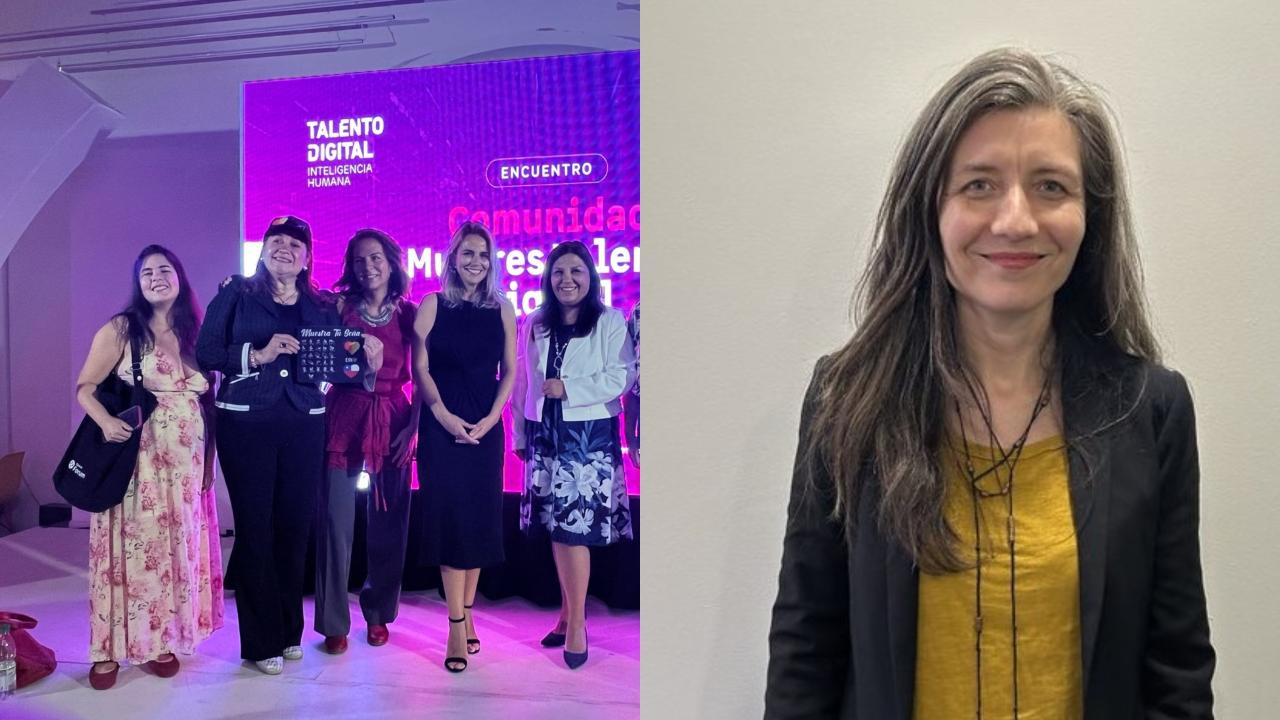
Through online sessions, bootcamps, and follow-up programs, the Chile Foundation and Kodea initiative seeks to combat unemployment, which affects 8% of the Chilean population.
Founded in 1976 as a joint initiative of the Chilean government and the U.S. company ITT, the Chile Foundation (FCh) is one of the leading public-private organizations in the southern country, known for promoting the transformation of key sectors of the Chilean economy through innovation, technology transfer, and partnerships.
Some of its areas of work include education and talent development, sustainability and climate change, digital transformation, and mining, among others. Under this approach, the FCh has contributed to the introduction of salmon farming in Chile, as well as the growth of timber and berry exports in the agroindustry.
But it's in the educational field where the FCh has spearheaded one of its most ambitious projects: Digital Talent for Chile. This is a joint initiative with the Kodea Foundation that seeks to retrain thousands of people so they can access jobs in the technology industry, even without prior training in the field.
“At Fundación Chile, our conviction is that the country's development depends on the development of its people. This includes offering online and synchronous learning methods, as well as promoting specific target audiences and training methodologies to connect with more people. Nearly 80% of Digital Talent participants belong to vulnerable populations,” Valentina Quiroga, Human Development Manager at Fundación Chile and former Undersecretary of Education for Chile, told AméricaEconomía.
On the other hand, while a significant percentage of participants have higher education, Quiroga points out that other vulnerable conditions also prevent them from accessing employment opportunities. Therefore, Talento Digital works with a methodology based on bootcamps that aim to guide people toward job retraining.
“When you listen to the program's graduates, many tell you that the program wasn't just a training course: they feel it transformed their lives. Keep in mind that it's free, and because it's virtual, it allows for participation from groups like mothers of young children,” explains Quiroga, who also highlights that the program has a follow-up system that allows for analyzing its subsequent impact on former participants.
It is worth noting that in September 2024, Digital Talent for Chile was one of eight state-sponsored programs that achieved positive or average performance, according to the Budget Directorate (Dipres).
Given these notable results, the former Undersecretary of Education believes that public-private organizations are key to coordinating projects, where the State is an important player, but not the only one that can contribute to building solutions.
"These types of organizations play a vitally important role in piloting, testing, innovating, and achieving the highest level of maturity with the pilots, so that they can then be adopted by public or private entities to scale their impact," Quiroga adds.
Another important lesson is that it's not easy to scale initiatives that don't incorporate a scaling perspective from the outset. This serves as a lesson for countries like Peru, where public-private partnerships are gaining prominence in sectors such as energy and healthcare. Given this growing trend, Quiroga warns:
"In alliances, it's not enough to have just one work agenda: we must have a sustainability perspective that includes strategies for changes in government or authorities in any sector."









